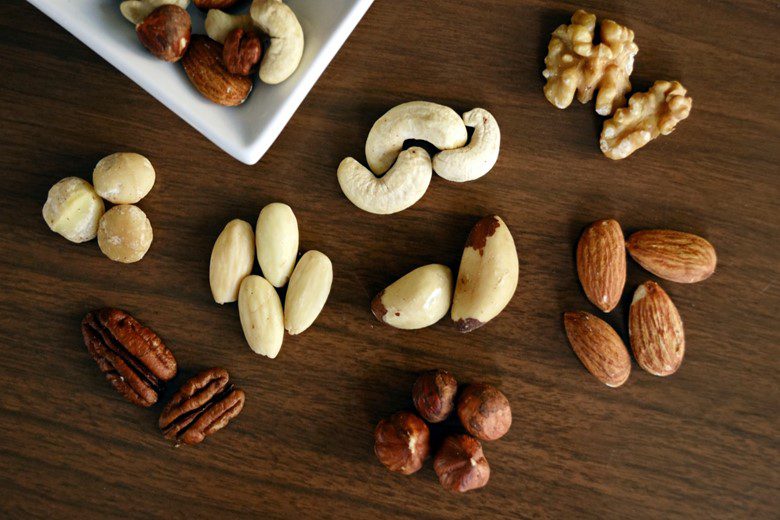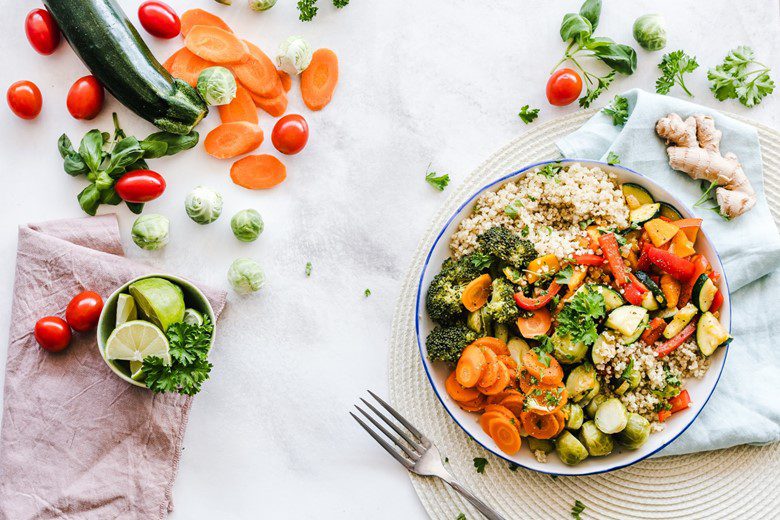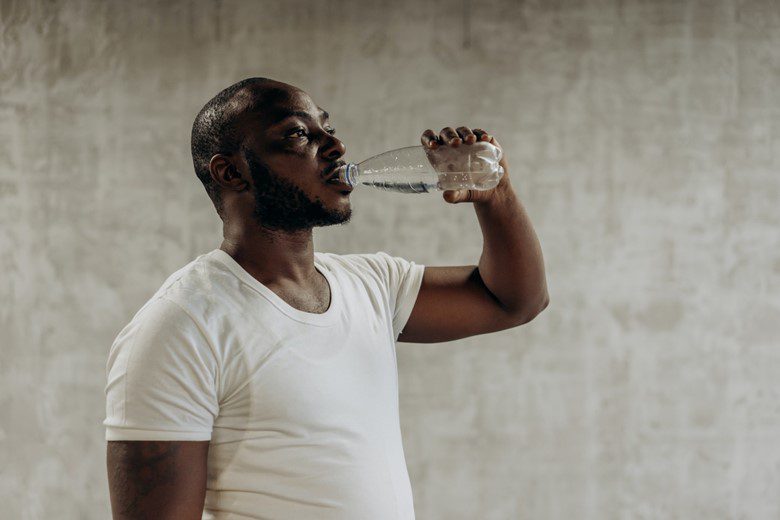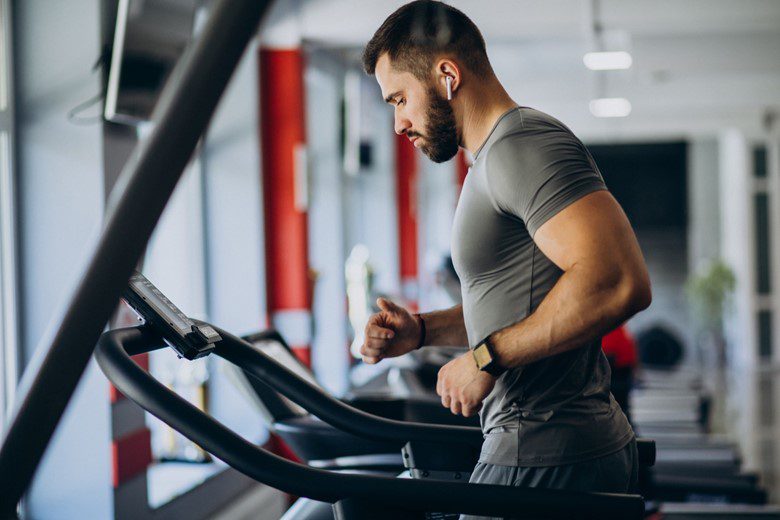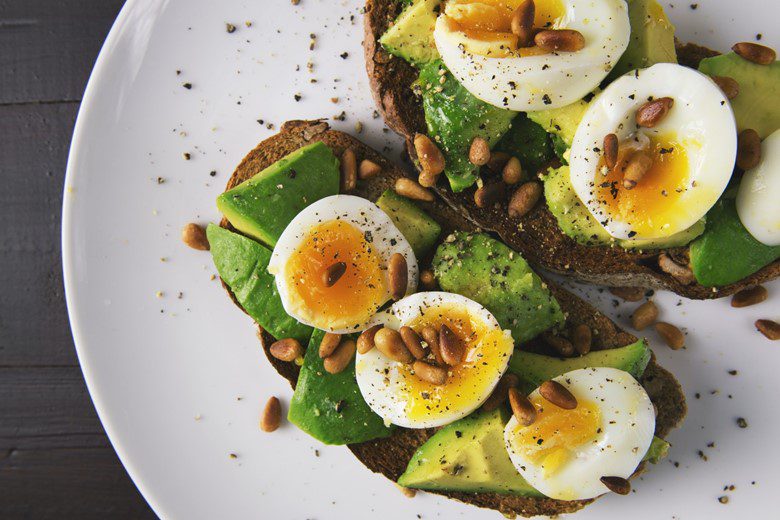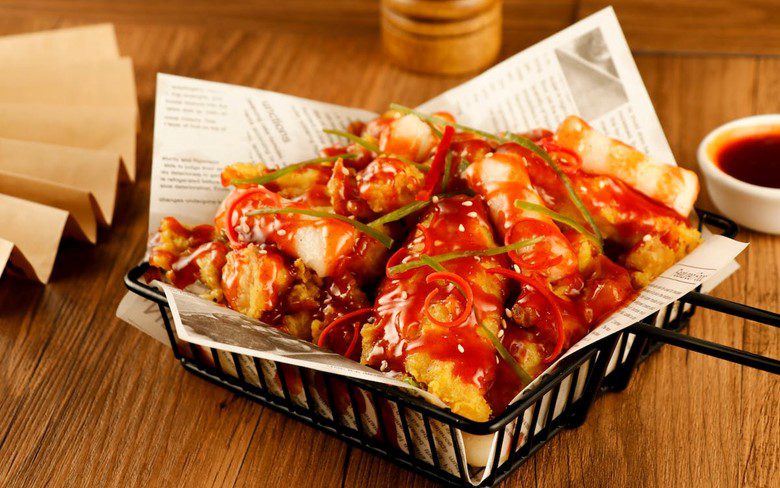Best Nutrition for Fitness: What to Eat Before and After Exercise
Have you ever thought why those gym goers have to follow a specific diet plan? It’s because outcomes of exercise are significantly influenced by the diet plan we follow, the nutrients we intake, and our overall nutritional health and deficiencies. Besides this, certain nutrients are also required to provide enough energy for exercise. In short, there’s a strong link between nutrition and fitness goals.
The next question rising in your mind must be what to eat before or after exercise. Or should we even eat before exercise? What are the best pre and post-exercise meals? What about eating during exercise? Are there any foods to avoid? The loop of questions goes on with additions of multiple curiosity-filled hows and whys. However, if you want to get answers to all these, read this article until the end. Dive in to get started!
How Nutrition and Exercise Energy Are Related?
We all know that human body requires energy to work. Likewise, when exercising, our body demands the availability of certain nutrients, including proteins, carbohydrates, and more. These nutrients, along with hydrogen and oxygen, provide energy for muscle contraction. The required nutrient list depends on your fitness goals, the energy required, and more.
However, the answer to the question of what would be fuel for exercising energy demands consideration of many factors. These include your fitness level, exercise duration, intensity, hydration, diet, and more.
Basically, three kinds of nutrients combine in different forms to make up for the energy required for exercise. Any guesses? Yeah, you got it right: proteins, fats, and carbohydrates. Besides these sources, our body also relies on the energy gained from glycogen, the main energy reserve of our body.
When you perform daily tasks or indulge in light exercise, you source energy from glucose, glycogen, and fatty acid. As you move on with doing strenuous exercises, your body derives more energy from carbohydrates.
If you need more energy, your body will rely on fatty acids. But fatty acid metabolism can take place only in the presence of glucose. So, no matter if you have the availability of fatty acids, glycogen, and glucose levels can act as limiting factors for this energy source. Are you thinking of proteins? These nutrients work as energy sources only when all other calories are in short supply.
Should You Eat Before Exercising?
After going through the above details, you must have understood that one must eat well and make up for the energy reserves, mainly glycogen, in the body before exercising. However, fueling up before exercise is a must thingy. This will give you the energy to take up more strenuous exercise, burning calories. This doesn’t mean you can savor anything before exercising; you have to make informed choices and stick to them to get effective results.
What to Eat Before a Workout?
This section will help you with the food options you can consider before exercising. Though there are multiple of them, some that fit best with almost every type of fitness goal are listed below. So, what are you waiting for? Hop on below to begin the journey of exploration about how and what food to eat before exercise.
Acknowledge the Right Time
Both nutrition experts and dieticians suggest having a pre-exercise snack at least thirty minutes to three hours before exercise. On sticking to this, you won’t be digesting your food when hopping inside the gym, nor will you have consumed enough energy to get depleted of it during exercise.
However, you will have to observe and analyze the time span that best suits your body. For instance, if you habitually work out in the morning, you can’t have a proper meal, so go with a protein shake or something light like a mini-breakfast.
Feast on a Carb-Rich Snack
Carbs are the direct sources of glucose on the breakdown, and glucose equates to exercise energy. So, be sure that your pre-exercising snack features carbohydrates in bulk. Feasting on a high-fiber, whole-grain oatmeal, and fruit bowl will give you enough of the required carbs. Alternative options include a piece of toast, rice cake, crackers, and more.
Drink, Drink, and Drink!
You must stay fully hydrated before, during, and after a workout. One way to determine your hydration level is by observing the color of your urine. If your urine is of lemonade color, your body is well-hydrated; however, if it’s darker, you are experiencing a deficiency of H2O.
The ideal practice is to drink two cups of water two to three hours before exercise and one cup around ten to twenty minutes before. Also, drink a cup of water each fifteen to thirty minutes during exercise to prevent muscle cramps caused by severe dehydration.
Get Your Proteins
Are you into weight-lifting exercises? You must intake protein-rich pre-workout snacks. When we lift weights, we create tears in our muscles that get repaired during workouts with the help of proteins, making our muscles stronger and stronger.
For protein-rich as well as carb-rich pre-exercise snacks, you can rely on a bowl of yogurt and fruits. Want to get hydration goals from your meal too? Blend your yogurt and fruits with ice to have that!
Recommended Pre-Exercising Snack
Here are some pre-exercise snacks that you can enjoy for ultimate energy gain:
- Dried fruit with mixed nuts
- Oatmeal with peanut butter and fruit
- Granola bar
- Lean protein, brown rice, and roasted vegetables
- Nutrition bar with protein
- Apple or pear with nut butter
- Smoothie with fruits and vegetables
- Baked salmon, brown rice, and roasted veggies
- Rice cakes topped with nut butter
Can You Eat During a Workout?
Hear us shouting YES! An adequate water and food supply must be ensured during exercise to maximize exercise performance. This demand remains the same for everyone, including one with a moderate exercise routine or the athlete trainer.
However, keep in mind if your workout is less than an hour long, you don’t require eating up anything; you can rely on proper hydration only. But if you are destined to work out longer or indulge in strenuous exercise, you should get fifty to a hundred calories every half hour. Bananas, raisins, and low-fat yogurt are the best meal options to rely on.
What to Eat After Exercising?
Right after the exercise, you need fuel to get the glycogen depleted during it, proteins to boost muscle recovery, and electrolytes depleted due to sweating. How can you forget about the water, folks? Hydration is above all! Dive in to get more info about what to after exercising.
Re-Hydrate!
We sweat a lot when exercising, so rehydration is the foremost thing to do after you get done with your exercise. Determining how much water you should drink demands consideration of factors like your physiology, previous hydration level, intensity and duration of exercise, and loads more.
Replenish Your Carbs and Proteins
It’s essential to eat a snack right after you stop exercising; this will help you replenish the used carbs and proteins. During exercise, you have created tears in your muscles that require proteins and have used up all of your glycogen, so you need carbs to replenish glucose and then glycogen. Eating an egg and drinking chocolate milk won’t be a bad idea, though.
Get Your Fats Dose
Though we all doubt fat wastes up all the effort we have put into burning out calories during exercise, there’s no scientific base for this rumor. Though fats slow down digestion, they still don’t limit or decrease the benefits of exercising. According to research, whole milk better supports muscle recovery after a workout than skimmed.
Recommended Post-Exercising Snack
Hop on below to have a quick look at some recommended post-exercising snacks!
- Oatmeal, protein powder, and blueberries
- Greek yogurt
- Salmon with sweet potato
- Chocolate milk
- A protein-rich green smoothie
- Quinoa and other grains
- Rice and rice cake
- Egg and whole-wheat toast
- Whole-grain turkey wrap
What Food Should You Avoid?
We have listed detailed info about the food you can eat, but it’s also important to know about the food to avoid. It will help you make the most out of your exercise. The prohibited list of foods has greasy and oil-rich food at the top. You can intake fats, but an overdose can make your efforts to burn calories go in vain.
Other prohibited foods depend on your body’s needs and exercise schedule. For some, getting loads of proteins doesn’t fit well with the exercise or fibers cause the issue. However, you have to determine which meal you should avoid eating and which you should stick to.
Wrapping It Up!
Food provides energy for exercise, but we can make the most out of our exercise benefits by savoring meals and having targeted required nutrients that we need before, during, and after workouts. Though meal choices vary, one need that remains the same is proper hydration. So, don’t forget to drink, drink, and drink no matter if you are going to exercise, are exercising, or have already finished doing it!
This article covers in-depth info about the relationship between food and exercise and the food choices you have for eating before, during, and after exercise. Hope you find this info helpful; stay tuned for more informative articles. Happy exercising!
